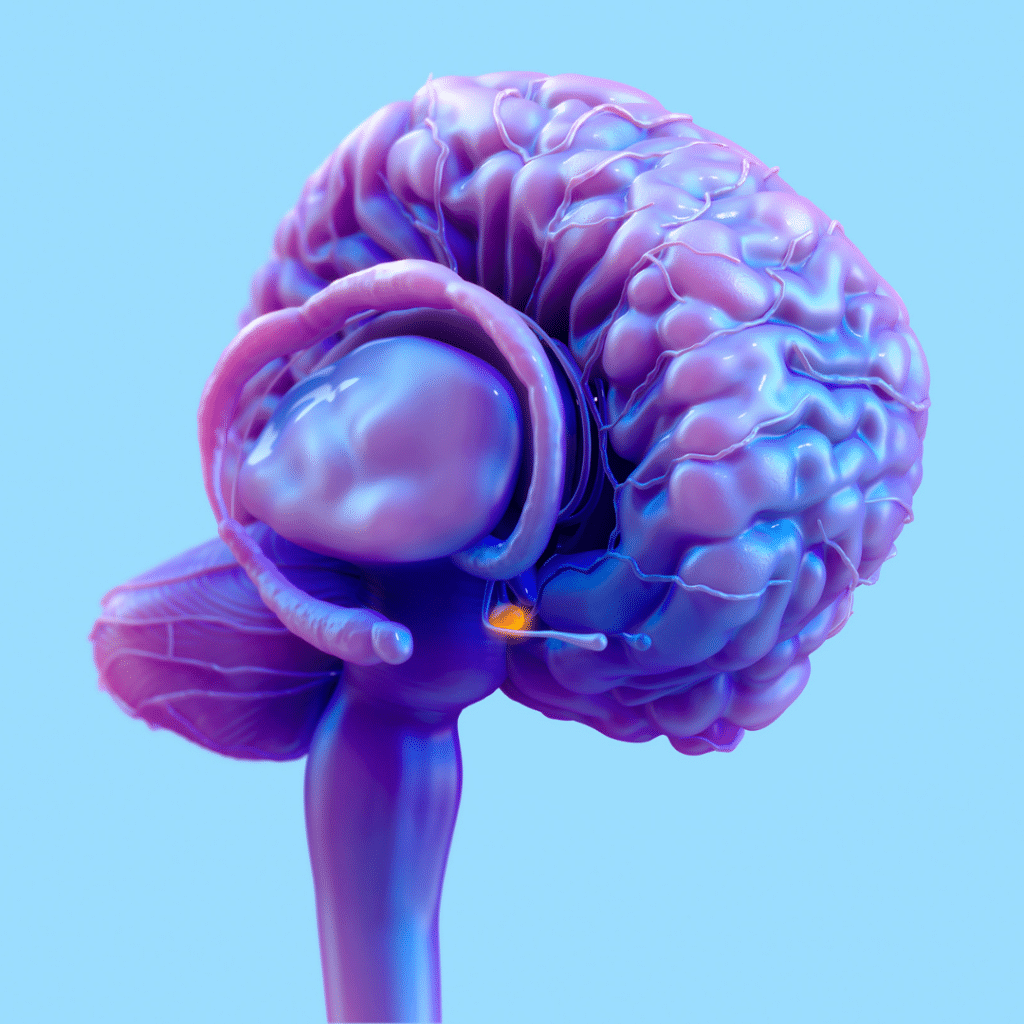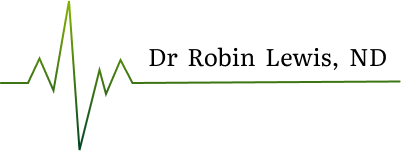
Head injuries and concussions are one of the most under-appreciated causes of hormonal issues. This is because we are hyper focused on the immediate damage that happens and not focused enough on the long-term consequences.
Of course, we need to make sure fractures and internal bleeding are ruled out, but that’s only one piece of the puzzle. During impact, our brain bounces around in our skull and that affects things physically and chemically. Ultimately, the whole brain has the potential to get damaged.
One common area of damage is the pituitary (shown to the right). This tiny gland secretes some of our most important hormones for our mood, cognition and more. In fact, it’s estimated that approximately 25-50% of people who suffer from persistent post-concussive symptoms have hypopituitarism.

Which hormones are affected?
- Sex hormones – estrogen, progesterone and testosterone
- Metabolic hormones – thyroid and insulin
- Growth hormone
- Stress hormones
These hormonal issues lead to symptoms that can be attributed to many things. For example, post-concussive patients with fatigue will often be told it’s just stress. When in actuality, it’s could be caused by damage to the pituitary.
The frustrating thing is, we have the tools to assess hormones and the function of our pituitary! Unfortunately, physicians routinely forgo checking your hormones at all. This is dangerous because it leads people to think there is nothing they can do! Hormones could be the cause for your symptoms, you just don’t know it yet.
Which Post-Concussive Symptoms Could Be Related To Your Hormones?
Some of the most common symptoms related to low pituitary function and hormonal issues are:
- Depression
- Anxiety
- Irritability
- Low stress capacity
- Cognitive deficiencies – i.e. concentration and memory
- Insomnia
- Changes to your body composition – i.e. increased fat:muscle ratio
- Metabolism issues
- Exercise intolerance
If your head injury has left you hopeless, it’s not your fault. People are often told there is nothing that can be done when there is, you just don’t know the problem yet. You want a team of practitioners behind you that understand health is multifaceted. Once you get to the WHY behind your post-concussive symptoms you can get targeted with the solution.
Want to learn more? Book a complimentary assessment today with Dr. Lewis
Disclaimer
Information can be empowering, but we all have unique health profiles and needs. The health-related information contained in this article is intended to be general in nature. It is not intended to provide medical advice, diagnosis or treatment. In no cases should this information be used as a substitute for a visit with a licensed naturopathic doctor.
References
- Chapek, K., & Amen, D. G. (2020). Concussion rescue: A comprehensive program to heal traumatic brain injury. Citadel Press.
- Undurti, A., Colasurdo, E. A., Sikkema, C. L., Schultz, J. S., Peskind, E. R., Pagulayan, K. F., & Wilkinson, C. W. (2018). Chronic hypopituitarism associated with increased postconcussive symptoms is prevalent after blast-induced mild traumatic brain injury. Frontiers in neurology, 9, 72.




